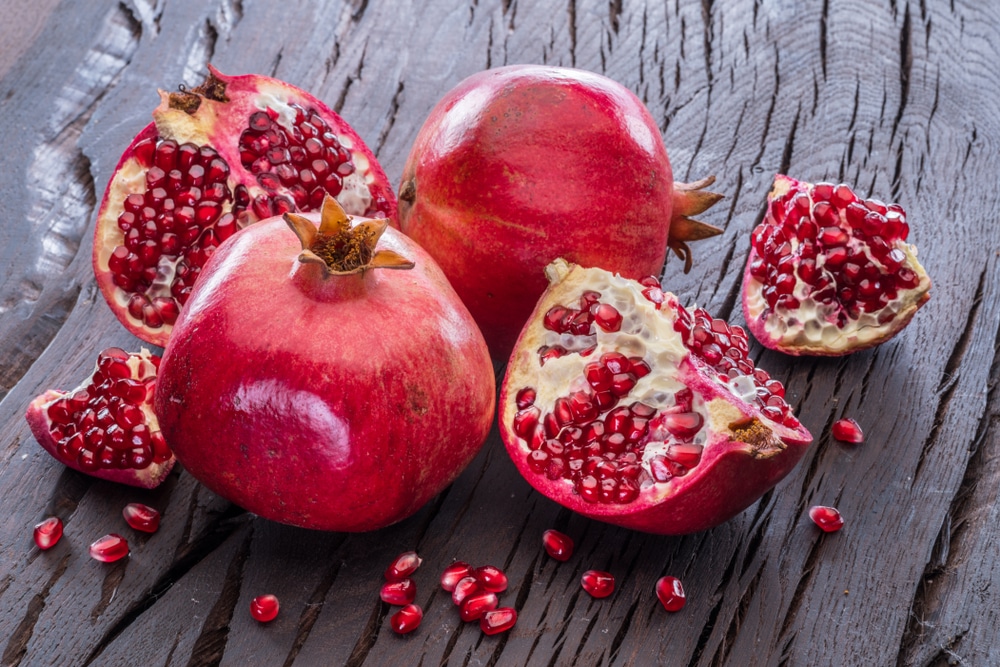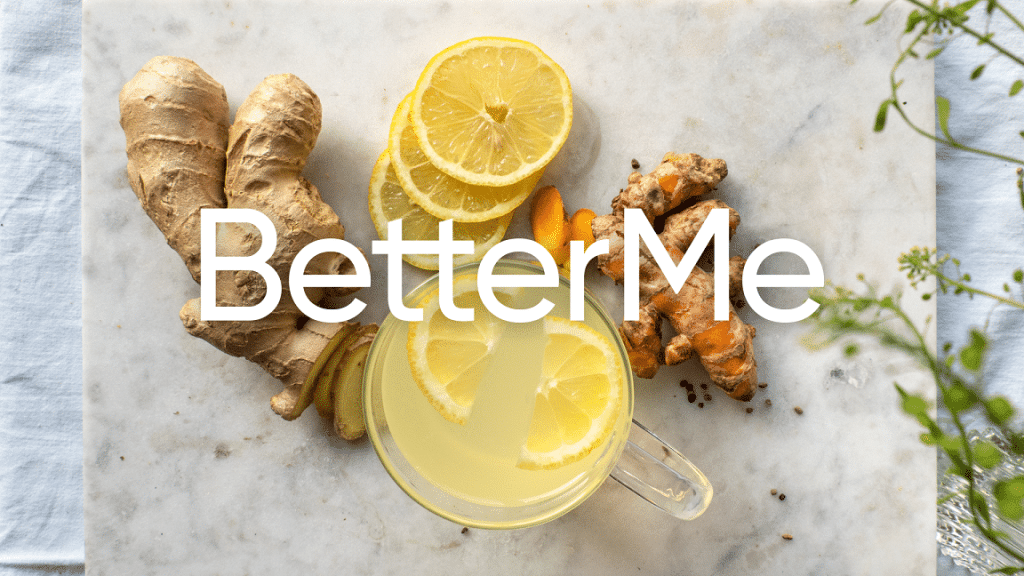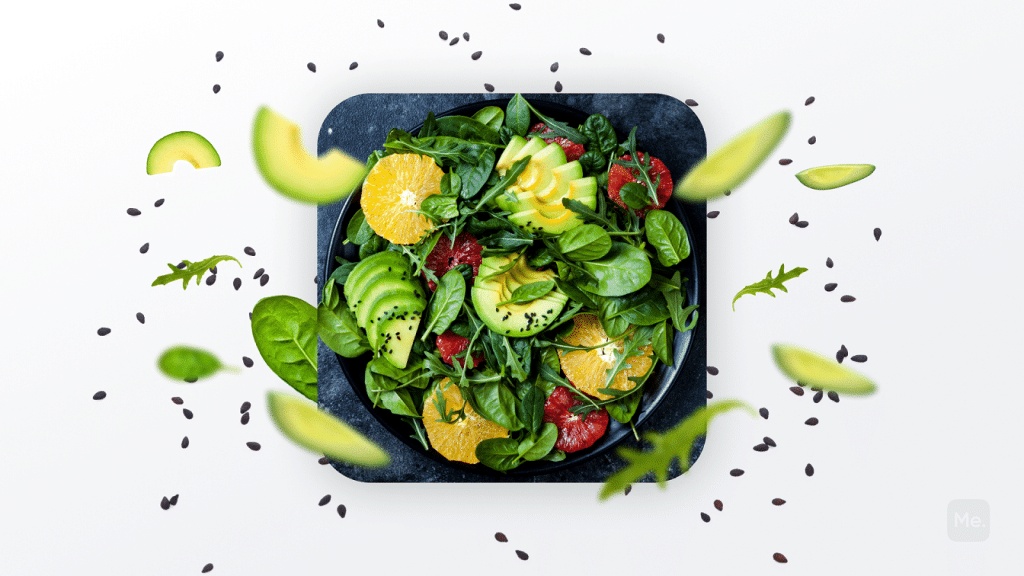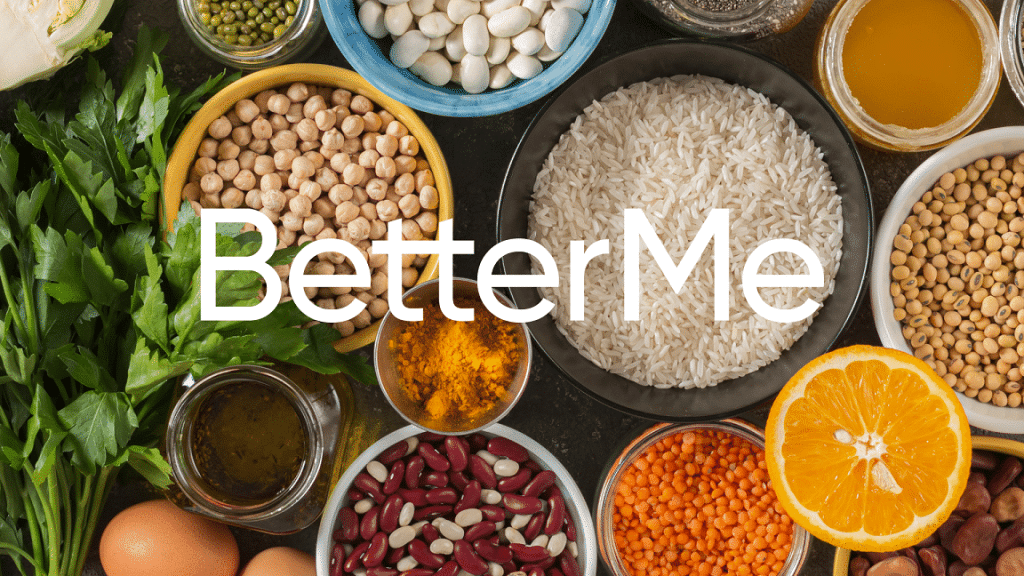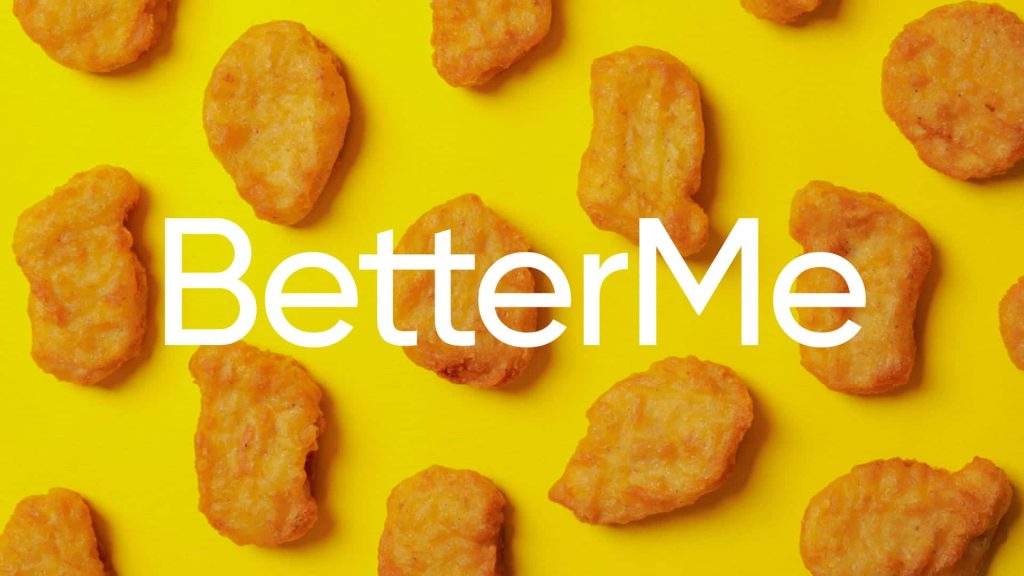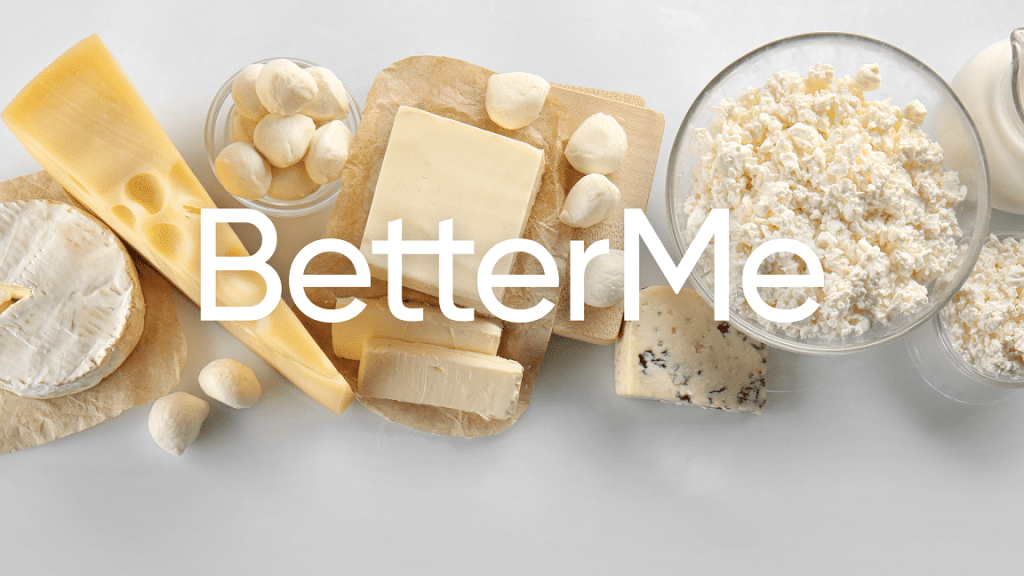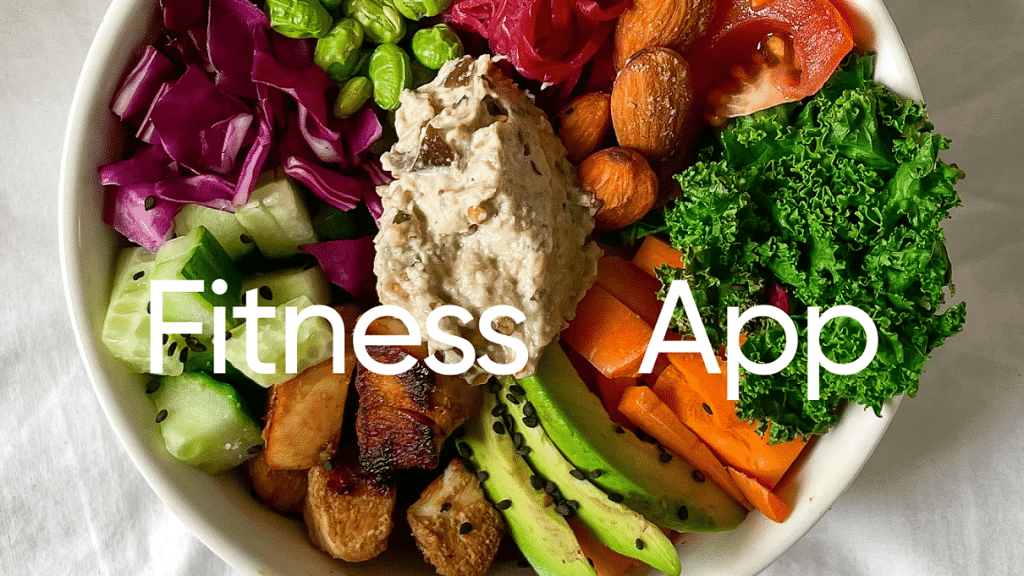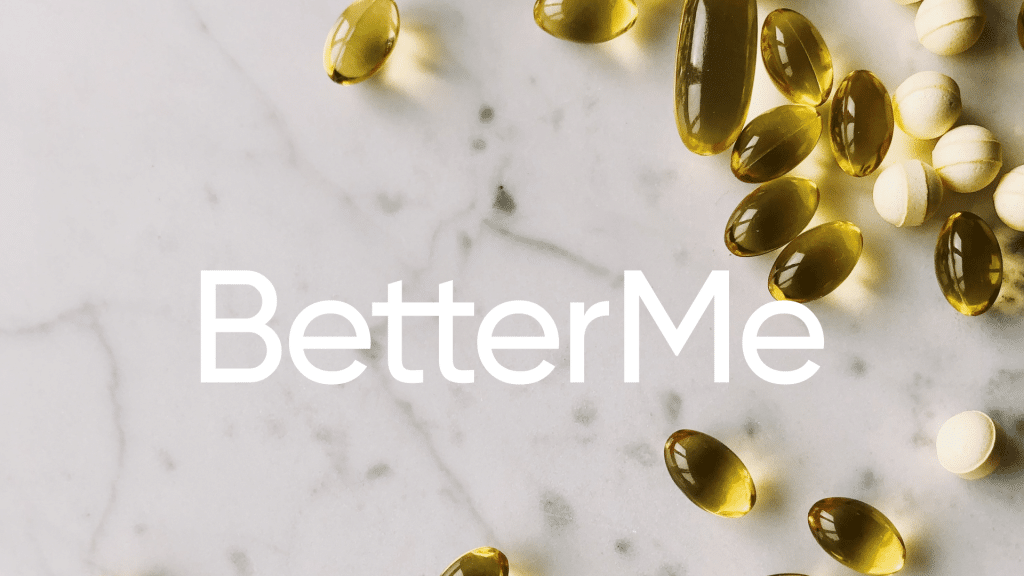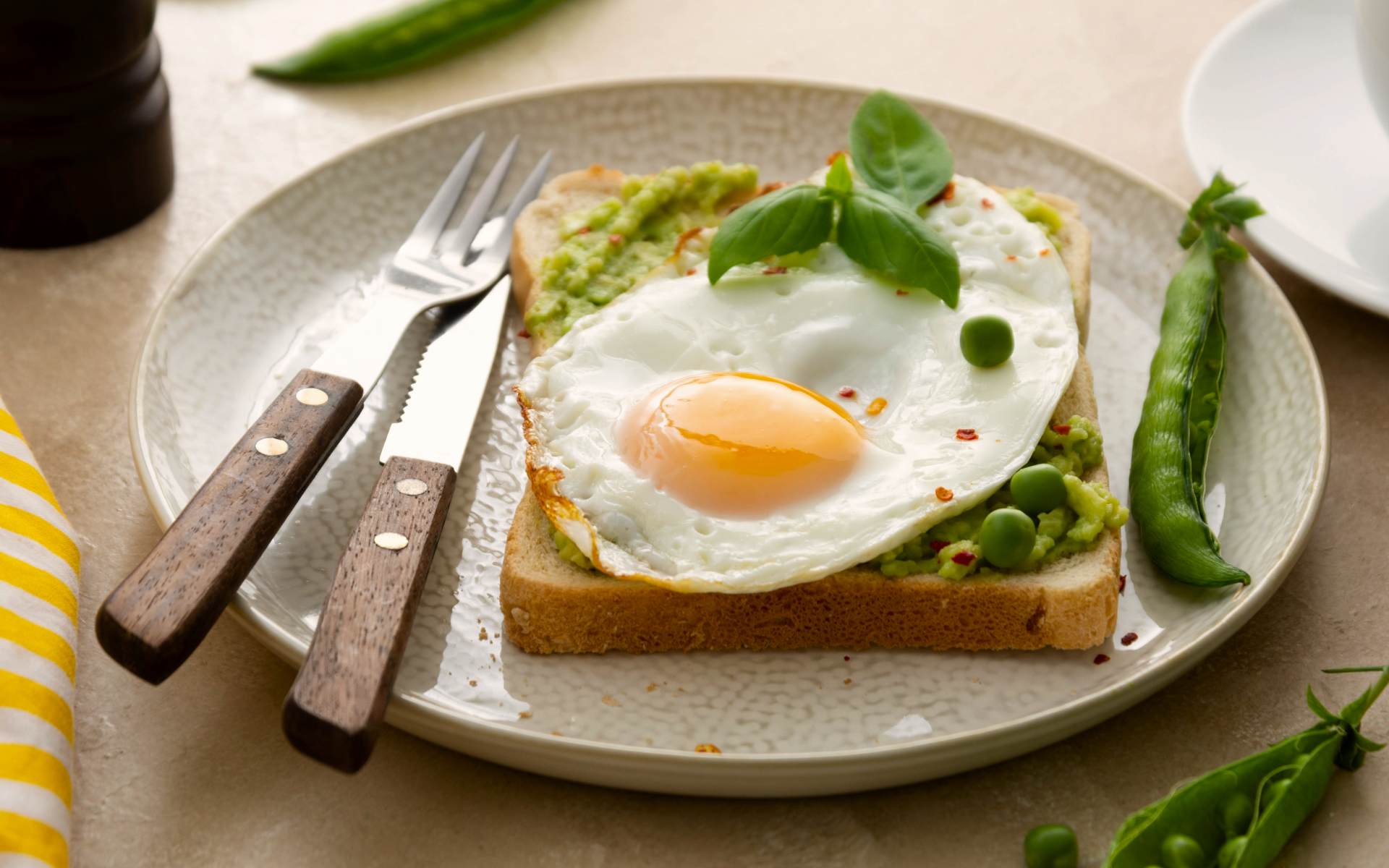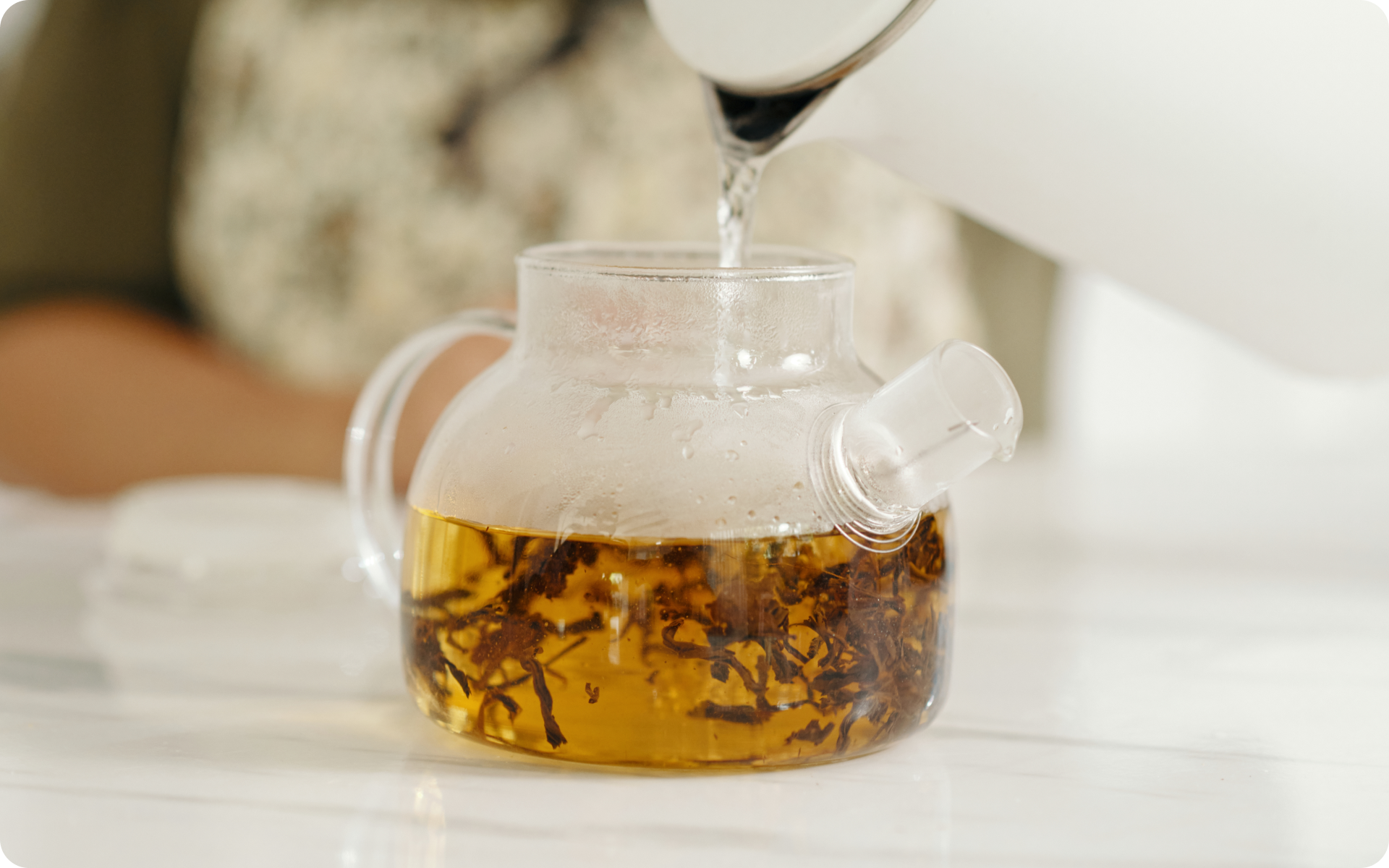If you are struggling with low testosterone, then finding foods to boost testosterone levels is one way in which you may hope to naturally increase these hormone levels in your body. If you are wondering what foods are good to boost testosterone then this article is for you. Read on to find out more.
What Is Testosterone?
Testosterone is a predominantly male hormone that is responsible for the development of male sexual characteristics. Not only is this hormone responsible for sperm production, but it is also contributes towards sex drive, bone mass, fat distribution, muscle size and strength, and red blood cell production.
While this hormone is predominantly related to and found in men and is produced in the testicles, it is also found in women, albeit in smaller amounts. Testosterone in women is produced in their ovaries. When combined with estrogen, these two hormones help with the growth, maintenance, and repair of their reproductive tissues, bone mass, and human behaviours (13).
Read More: 5 Foods That Power Testosterone: Natural Ways Of Dealing With Low T
 What Are The Signs Of Low Testosterone In Men?
What Are The Signs Of Low Testosterone In Men?
If you are a man who suspects that you have low testosterone levels, here are some signs that you should look out for (28):
- Low sex drive
- Erectile dysfunction
- Low semen production
- Hair loss
- Extreme fatigue and decreased energy levels
- Loss muscle mass
- Increased body fat – Some men may also develop gynecomastia, aka enlarged breast tissue.
- Mood changes or irritability
- Reduced cognitive function
- Depression
- Reduced testicle size
 What Causes Testosterone Levels To Drop?
What Causes Testosterone Levels To Drop?
Age is one of the main causes of lower testosterone levels in men seeing as this hormone level naturally drops by 1 to 2 percent per year. This however is not the only cause. Others include (16):
- Born with testosterone deficiency. People born with Klinefelter syndrome, Noonan syndrome and ambiguous genitalia are most likely to have lower testosterone.
- Injury, trauma, or infection to the testes
- Chemotherapy or radiation
- Metabolic disorders
- Pituitary gland disease that leads to hormonal deficiency
- Medications such as opioids and antidepressants
- Acute and chronic illnesses
- HIV/AIDS
- Pubertal delay
What Foods Are Good To Boost Testosterone?
If you have been struggling with low testosterone levels then top foods to boost testosterone levels might be at the top of your search list/history. If you suspect your testosterone levels are low due to one of the problems listed above, it is important to see your doctor who can perform tests and prescribe an appropriate treatment plan, which may include supplements or dietary changes.
While supplements such as DHEA (Dehydroepiandrosterone) and D-Aspartic Acid are sometimes used to boost the levels of this hormone in your body (25), some people prefer to use natural foods to boost testosterone before looking for alternative options or procedures.
If this sounds like you, here are the best foods to boost testosterone and how you can add them to your diet:
 Ginger Root
Ginger Root
Ginger is a southeast Asian spice that is often used in many recipes from teas, to curries and more. This root is known for its many health benefits including aiding digestion, reducing nausea, and helping fight off the flu and common cold. Some research has shown that it can also help with weight loss, osteoarthritis, lowering blood sugar, improving heart disease risk factors, reducing menstrual pain, lower cholesterol levels and more.
In relation to this hormone, this root is among the best foods to boost testosterone and this idea has been demonstrated by several studies. One 2016 study showed that taking daily ginger supplement for 3 months improved sperm DNA fragmentation levels in a group of 100 adult male participants with fertility issues (27). In 2013, a study done in male diabetic rats showed that this root increased their testosterone and antioxidant levels (3).
If you’ve mustered up the courage to crush your weight loss goal, let Betterme take the sting out of this demanding process. Our app will help you restructure your habits, remold your life and crank up your fitness results!
 Oysters
Oysters
This type of shellfish is said to contain more levels of zinc than any other kinds of food. If a man has zinc deficiency, this can affect their sperm health and reproductive function. Severe cases of zinc deficiency can lead to hypogonadism, a condition in which their body does not produce enough testosterone (17) which can then further lead to impotence or delayed sexual maturation in younger boys. Because oysters have such high levels of the mineral zinc, they make up some of the best foods to boost testosterone production in the body, if your low testosterone is caused by a zinc deficiency (4).
Pomegranates
This fruit with its bright red seeds is full of antioxidants which helps get rid of free radicals, protect cells from damage, and reduce inflammation which further helps in preventing chronic illnesses. It has also been linked to cancer prevention, protection against Alzheimer’s, improving digestion, lower blood pressure and prevention against heart disease, improved memory and more (11).
As one of the best foods to boost testosterone, one 2012 study followed 60 men and women who drank pure pomegranate juice for 14 days. At the end of the study, researchers found that the participants recorded a 24 percent increase in the testosterone levels in their saliva (19).
 Leafy Green Vegetables
Leafy Green Vegetables
Leafy greens such as spinach, Swiss chard, broccoli, bok choy, and kale are rich in vitamins A, C, E and K as well as fiber, and minerals such as iron, potassium and calcium. These vitamins and minerals have health benefits such as protecting bones from osteoporosis, protection against the development of cancer, helping to prevent inflammatory diseases, and more (6).
Leafy greens are also rich in magnesium, a mineral that has been linked to increased levels of testosterone. One 2011 study found that both sedentary and active participants who took magnesium supplements for 4 weeks registered an increase in testosterone (9). You can consume more leafy greens by adding them into pizza, smoothies, eating more salads, adding them to soups, having leafy green wraps, and more.
Shellfish
Like oysters, shellfish like crabs and lobsters are high in zinc which as we have seen is one mineral that helps support the production of testosterone (30).
Beef
With people looking to eat healthier diets, many people have started avoiding beef and even looking for meat alternatives. Some research has also shown that some types of meat can reduce sperm count in young men. One such research was done in 2014, when semen samples were taken from 189 men aged 18-22 years. The researchers then compared the men’s red meat intake to their sperm count. The results found that the men who ate more processed red meat had a lower sperm count than those who did not.
From this research one might assume that beef would not make it among the top foods to boost testosterone but luckily, this is not true (18). Some cuts of beef such as the liver are great sources of vitamin D which has been known to help boost testosterone levels in men (8). Other options such as chuck roast and ground beef are also higher in zinc which is a great mineral and supplement to help boost this hormone.
Read More: Lean Meats For Weight Loss: Healthy Entrées For Healthy Weight Loss
 Beans
Beans
If you are wondering what foods actually work to boost testosterone and are healthy for you then beans are among your best bets. Not only are beans a good source of plant protein and fiber which helps with satiety and weight loss but they are also high in zinc, magnesium, and vitamin D which are thought to boost this predominantly male hormone. White, black, kidney beans, and lentils should be included in your diet anyway for their fiber, plant protein, and important micronutrients. You can have them in curries, casseroles, vegan burgers, stews, salads, puree them for dips and spreads and more.
Fortified Cereals And Plant-Based Milks
Many fortified plant milks and some cereals are often fortified with vitamin D which can help boost this male hormone. Because not all cereals are good for you, look for those cereal brands that are higher in fiber and low in sugar. Plant-based milks are also great for people who are lactose intolerant and are considered better for the environment. Some plant milk options that you can consider include soy milk, almond milk, pea milk, oat milk, rice milk, and cashew milk among others.
 FAQs
FAQs
-
What Foods Should Be Avoided If You Are Looking To Boost Testosterone?
As we have seen above, there are a great number of foods to boost testosterone that you can consume to ensure that you have enough levels of this hormone in your body. However, in the same instance, there are some foods that should be avoided at all costs (if possible) if you do not want to risk a drop in this hormone.
Such foods that can kill or reduce a person’s testosterone levels include:
Highly Processed Foods
As part of a healthy diet, processed foods are highly discouraged as they are high in calories that offer no nutritional value and contain high levels of added sugars, salt, and trans-fats which put you at a higher risk of chronic illnesses like heart disease, diabetes, and obesity. But this is not all that is wrong with such foods.
According to one cross-sectional study posted in 2016 and done in over 200 healthy Spanish young men, a high intake of trans-fats can not only reduce testosterone levels but it can also impair testicular function (10).
Prepackaged Foods
Especially if the foods are packed in cans or plastic because such foods come into close contact with the chemicals such as bisphenol A (BPA) or bisphenol S. BPA is an industrial chemical that has been used to make certain plastics and resins. According to the MayoClinic, BPA can seep into food or beverages from containers that are made with this chemical.
Exposure to this chemical has been known to have some health effects on increased blood pressure, and on the brain and prostate gland of fetuses, infants and children (29). Some say that it can also affect children’s behaviour. In regards to testosterone levels, one 2013 study revealed that men working in factories with higher BPA levels had reduced levels of free testosterone and androstenedione (21) – a steroid hormone whose main purpose is to manufacture testosterone and estrogen.
If you are a man who mostly relies on prepackaged foods, it would be advisable to set aside some time to learn how to cook and meal prep, use BPA free products, avoid microwaving food in plastic containers, and opt to use glass, porcelain or stainless steel containers to store and reheat your food – make sure they are microwave safe first (29).
Reasons why BetterMe is a safe bet: a wide range of calorie-blasting workouts, finger-licking recipes, 24/7 support, challenges that’ll keep you on your best game, and that just scratches the surface! Start using our app and watch the magic happen.
 Dairy Products
Dairy Products
Several studies have shown that men who consume milk and dairy products have higher levels of estradiol – a type of estrogen common in women during their reproductive years -which lowers the body’s production of testosterone (5). If you are looking for foods to boost testosterone, then dairy and its products should be avoided if not scrapped off your diet for good.
Alcohol
While studies have shown that alcohol increases testosterone levels in women, the same does not happen in men (2). One 2018 review showed that regular or heavy drinking in men over long periods of time, can cause a decrease in testosterone levels (1).
 Mint Leaves
Mint Leaves
While mint in tea might be great for calming your frayed nerves, the menthol found in them may not be good for your testosterone levels. Two studies, one done on rats with PCOS (20) and another on women with PCOS (12) showed that this herb lowers testosterone levels. While there doesn’t seem to have been studies done on men, males may want to avoid mint among foods to boost male testosterone levels.
Bread, Pastries, And Desserts
Simple or refined carbs are usually stripped of almost all fiber, vitamins and minerals which makes them empty carbs and give you no nutritional value when consumed and lead to rapid spikes in blood sugar and insulin levels after meals. They have been linked to increased risk of obesity, heart disease, and type II diabetes.
However, these are not the only issues that these foods can cause in men. One 2018 study done on Taiwanese men linked bread, pastries, and other desserts to lower testosterone levels, decreased muscle mass, and increased body fat (22).
Licorice Root
This herb has been used to treat skin inflammation and infections, stomach discomfort and ulcers, tooth decay, Hepatitis C, and sore throat. However, this root should not be among your list of natural foods to boost testosterone as it may lower it. According to one 2018 study, licorice root can inhibit the symptoms of PCOS in female rats (15).
Yes, they are and this is according to one 2020 study done by The Journal of Urology. In this study, researchers examined the relationship between 3 popular diets – low fat, Mediterranean, low carbohydrate or nonrestrictive – and testosterone levels in about 3,128 men aged between 18 and 80 years old.
At the end of the study, researchers found that the men who adhered to a fat-restricted diet had lower serum testosterone than men on a nonrestrictive diet. The study also took into account the men’s ages, body mass index and activity levels (26). If you are wondering how to boost testosterone with foods, especially fatty foods, try incorporating healthy fatty foods such as tuna, oysters, eggs (preferably with yolks), shellfish, salmon, and other types of oily fish.
-
Other Than Foods To Boost Testosterone, What Are Other Treatment Alternatives To Boost This Predominantly Male Hormone?
Food, while it can play a part in increasing testosterone levels in the body, is not the only available treatment option for this. Some other treatments to help increase your testosterone levels include:
 1. Sleep More
1. Sleep More
Sleep has been known to affect many hormones and bodily functions in the body so it is not a surprise that it can be used to help boost testosterone levels in men. Because the majority of the daily testosterone release in men occurs during sleep, issues such as sleep fragmentation and obstructive sleep apnea have been associated with reduced testosterone levels (7). If you can, it is best for you to try and get at least 7 to 9 hours of uninterrupted sleep every night.
2. Testosterone Replacement Therapy (TRT)
This option is often used to treat hypogonadism which is diagnosed after a series of physical exams and blood tests done by a doctor. This treatment comes in the form of (14):
- Injections and implants which are injected directly into the muscles, or implanted as pellets in the soft tissues.
- Mouth patches. They are stuck to the upper gums above the incisor. These patches continuously release testosterone into the blood through the oral tissues.
- Gels. Some are applied directly on to the screen while some can be applied in the nose.
- Skin patches. The patch is applied once a day and is worn on the arm or upper body.
Be sure to talk to your doctor and see if TRT is the best option for you because it comes with risks such as sleep apnea, acne, limited sperm production, shrinking testicles, increased heart disease, and enlarged breasts (23).
-
Foods To Boost Testosterone Bodybuilding: Which Foods Work Best For These Two Things?
For those who may not be aware, testosterone is responsible for increased muscle mass. Men with lower levels of this hormone have been shown to have less energy, muscle mass, libido, sexual performance, bone mineral density as well as increased body fat. If you have low testosterone and looking for natural foods to boost testosterone try adding the following foods to your diet (24):
- Shrimp it is high in vitamin D
- Pumpkin seeds which are a good source of zinc
- Wheat bran which is an excellent source of magnesium
- Liver and ground beef which are high in vitamin D and zinc, respectively.
The Bottom Line
If low testosterone levels are something that has been giving you sleepless nights then the above-named foods to boost testosterone can go a long way in helping you boost the levels of this hormone in your body. Be sure to first speak to your doctor and explore your options if you suspect that you have low testosterone levels.
Supplement your diet with some exercise to double your results.
Get your personalized
meal plan!

Get your personalized
meal plan!
DISCLAIMER:
This article is intended for general informational purposes only and does not address individual circumstances. It is not a substitute for professional advice or help and should not be relied on to make decisions of any kind. A licensed physician should be consulted for diagnosis and treatment of any medical conditions. Any action you take upon the information presented in this article is strictly at your own risk and responsibility!
SOURCES:
- A Review on the Sex Differences in Organ and System Pathology with Alcohol Drinking (2018, ncbi.nlm.nih.gov)
- Acute effect of alcohol on androgens in premenopausal women (2000, pubmed.ncbi.nlm.nih.gov)
- Antioxidant and androgenic effects of dietary ginger on reproductive function of male diabetic rats (2013, pubmed.ncbi.nlm.nih.gov)
- Connecting Testosterone and Zinc (2017, healthline.com)
- Consumption of dairy products can lower testosterone in men, have ‘feminising’ effect (2018, firstpost.com)
- Dark Green Leafy Vegetables (2013, ars.usda.gov)
- Effect of 1 Week of Sleep Restriction on Testosterone Levels in Young Healthy MenFREE (2015, ncbi.nlm.nih.gov)
- Effect of vitamin D supplementation on testosterone levels in men (2011, pubmed.ncbi.nlm.nih.gov)
- Effects of magnesium supplementation on testosterone levels of athletes and sedentary subjects at rest and after exhaustion (2011, pubmed.ncbi.nlm.nih.gov)
- Fatty acid intake in relation to reproductive hormones and testicular volume among young healthy men (2016, ncbi.nlm.nih.gov)
- Fifteen health benefits of pomegranate juice (2019, medicalnewstoday.com)
- Herbal medicine for the management of polycystic ovary syndrome (PCOS) and associated oligo/amenorrhoea and hyperandrogenism; a review of the laboratory evidence for effects with corroborative clinical findings (2014, ncbi.nlm.nih.gov)
- High Testosterone Levels in Women (2019, healthline.com)
- Is Testosterone Replacement Therapy Right for You? (2019, webmd.com)
- Licorice ethanol extract improves symptoms of polycytic ovary syndrome in Letrozole-induced female rats (2018, ncbi.nlm.nih.gov)
- Low Testosterone (Male Hypogonadism) (2018, my.clevelandclinic.org)
- Male hypogonadism (2019, mayoclinic.org)
- Meat intake and reproductive parameters among young men (2014, ncbi.nlm.nih.gov)
- Pomegranate juice intake enhances salivary testosterone levels and improves mood and well being in healthy men and women (2012, researchgate.net)
- Role of Essential Oil of Mentha Spicata (Spearmint) in Addressing Reverse Hormonal and Folliculogenesis Disturbances in a Polycystic Ovarian Syndrome in a Rat Model (2017, ncbi.nlm.nih.gov)
- Serum bisphenol-A concentration and sex hormone levels in men (2013, pubmed.ncbi.nlm.nih.gov)
- Testosterone-Associated Dietary Pattern Predicts Low Testosterone Levels and Hypogonadism (2018, ncbi.nlm.nih.gov)
- Testosterone therapy: Potential benefits and risks as you age (2020, mayoclinic.org)
- The 6 Best Testosterone-Boosting Foods! (2018, bodybuilding.com)
- The 8 Best Supplements to Boost Testosterone Levels (2020, healthline.com)
- The Association between Popular Diets and Serum Testosterone among Men in the United States (2020, auajournals.org)
- The influence of ginger (Zingiber officinale) on human sperm quality and DNA fragmentation: A double-blind randomized clinical trial (2016, ncbi.nlm.nih.gov)
- What are the symptoms of low testosterone? (2020, medicalnewstoday.com)
- What is BPA, and what are the concerns about BPA? (2019, mayoclinic.org)
- Zinc (2020, ods.od.nih.gov)
